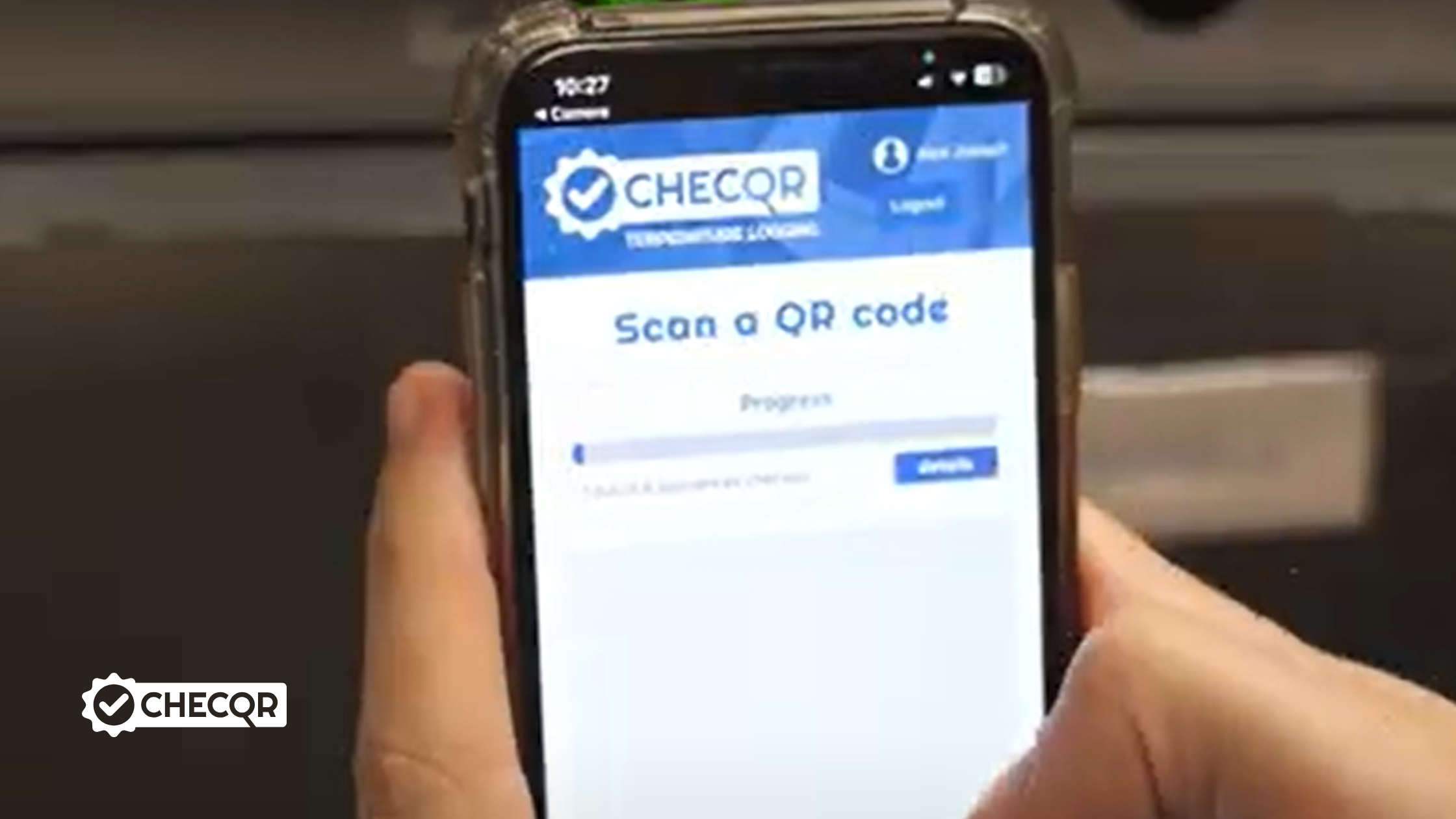When was the last time you needed a manual to scroll Instagram or upload a video on TikTok? These platforms succeed because they’re designed for ease, quick to learn, intuitive to use, and satisfying to engage with. Operational systems that support food safety, audits, and standards can (and should) take a similar approach.
Tools used to support day-to-day checks don’t have to feel clunky or complex. With the right system, everyday tasks become simpler, more consistent, and easier to monitor. That’s where digital platforms can make a real difference, not just in keeping accurate records, but in reinforcing the quality of service consultants bring to their clients.
Let’s be clear: operational record-keeping is not a replacement for training
It’s worth stating: managing a formal quality or safety management system, like ISO 9001 or BRCGS, absolutely requires proper training, experience, and interpretation. But for many clients, the biggest stumbling blocks aren’t the frameworks, they’re the practical processes underneath. Logging fridge temperatures. Recording cleaning routines. Tracking task completion.
This is where digital tools like ChecQR come into play. They don’t replace the knowledge consultants bring, they amplify it. When routine checks are streamlined, documented, and stored in one place, consultants can focus on audits, strategy, and standards with greater confidence and fewer distractions.
Ease of use drives engagement
Social media thrives on simplicity. The more intuitive a system is, the more people use it. The same goes for operational tools. Whether someone is setting up a daily task checklist, ticking off actions, or reviewing trends, a frictionless experience ensures these activities become part of the daily rhythm rather than a dreaded extra chore.
For consultants, recommending tools that prioritise usability means:
- Clients get up and running fast, with little friction.
- There’s less risk of missed checks or incomplete records.
- Everyone involved can share updates and track progress in real time.
It also reflects well on your consultancy when tools work well, so do you.
Overcoming resistance to change
New systems often face pushback. If a tool feels slow, clunky, or difficult to navigate, teams abandon it—regardless of how powerful it is. But when a platform feels familiar and easy to use (like a favourite app), adoption becomes the default, not the exception.
For consultants, this means:
- Less time spent training teams or firefighting.
- More consistent records across sites or departments.
- More time to focus on strategic insights and bigger picture support.
Customisation should support, not confuse
Just as TikTok tailors its feed and features to each user, operational tools should allow flexibility without adding noise. Whether a consultant is supporting a site working towards SALSA, or guiding a team through ISO audit prep, custom checklists and workflows help teams stay aligned.
Done well, this flexibility allows you to:
- Match processes to industry-specific needs.
- Scale your consultancy offering across different clients and sectors.
- Reinforce your value as someone who provides clarity, not complication.
Visibility builds trust
What social platforms do brilliantly is offer visibility. You know what’s happening instantly. In a work context, this level of transparency can be just as powerful.
For consultants, real-time visibility means:
- You’re not chasing clients for updates.
- You can spot gaps or inconsistencies early.
- You strengthen your role as a proactive, solutions-first partner.
It’s easier to demonstrate the value of your consultancy when progress is visible, not just buried in folders or forgotten spreadsheets.
Get in touch for a demo to see how ChecQR makes operational record keeping as easy as social media!

